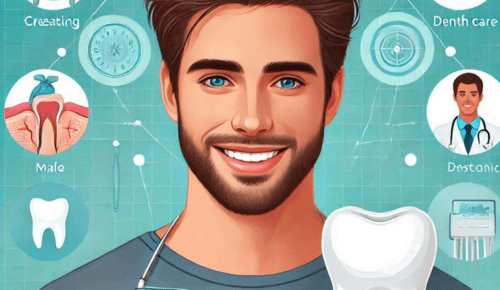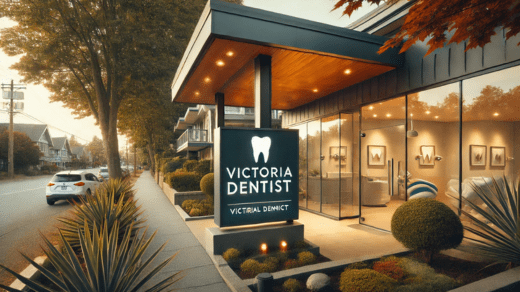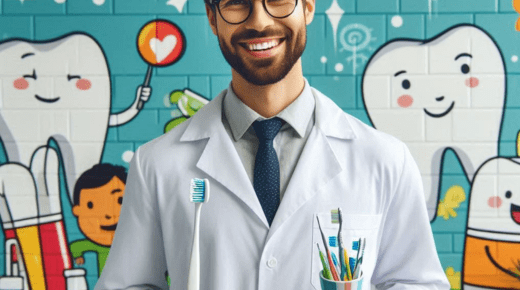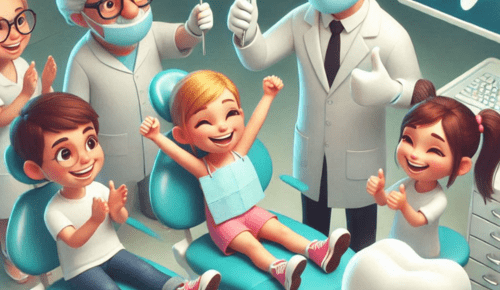Your child’s baby teeth, which are also called primary teeth, are very important to their growth and development. They are only there for a short time, but they do a lot of important things, like keeping room for permanent teeth and helping your child chew and talk.
For professional help and advice, a Gladstone family dentist can be very helpful in making sure your child’s oral health is taken care of. Parents can start taking care of their child’s oral health right away by learning about the science behind baby teeth.
The development of baby teeth.
Baby teeth begin to form before birth. The basic shapes of all of a baby’s main teeth are already in their mouths when they are born. There is no set age when these teeth will come in, but most children start to show them between 6 and 12 months old.
The lower central incisors usually come in first, then the upper central incisors. This is what people call “teething.” Most kids have all twenty main teeth by the time they are three years old.
It can be hard for both parents and kids when their teeth are coming in. A lot of babies with this condition drool, fuss, and want to chew on things.
If your child is in pain, you can rub their gums gently with a clean finger or give them a cool teething ring. If you want to protect your child’s health, do not use medicines that have dangerous ingredients in them.
The purpose and importance of baby teeth.
Baby teeth are important for a child’s general growth, even though they are only there for a short time.
They are very important for helping kids eat their food properly, which is important for good nutrition. Additionally, baby teeth help kids learn to speak by letting them say sounds and words properly.
Also, the permanent teeth that will eventually replace the primary teeth use the primary teeth as guides. They keep the jaw open so that the adult teeth can grow in the right place.
When a baby’s tooth is lost too soon because of decay or an accident, it can cause problems with the position and spacing of the adult teeth. This shows how important it is to take care of baby teeth right from the start.
How to care for your child’s baby teeth.
To keep baby teeth healthy, it is important to start good oral care habits early on. You can use a soft, damp cloth to clean your baby’s gums even before they get teeth.
A small, soft-bristled toothbrush and a small amount of fluoride toothpaste should be used to brush the first tooth as soon as it comes in.
Before your child is old enough to do it on their own, brush their teeth twice a day while you watch. This is usually around the age of six or seven. Your child should not eat or drink too many sugary things because they can cause teeth rot.
Instead, suggest healthy options like veggies, fruits, and dairy products that are good for your teeth and health in general.
Your child should also have their first dental visit by their first birthday or as soon as their first tooth comes in. A dentist can see how your child’s teeth are growing and developing and give them advice on how to take care of their teeth properly during routine dental checkups.
When baby teeth start falling out.
Around six months, baby teeth usually fall out. The lower central incisors are the first to go. Most kids have all of their baby teeth gone by the time they are 12 or 13. They have been replaced by permanent teeth.
It is important to let loose teeth fall out on their own since pulling them out too soon can hurt or infect you. Baby teeth are very important for a child’s growth because they help them chew, speak, and line up their adult teeth.
Parents can help their kids’ oral health by brushing their teeth and making sure they eat well.





